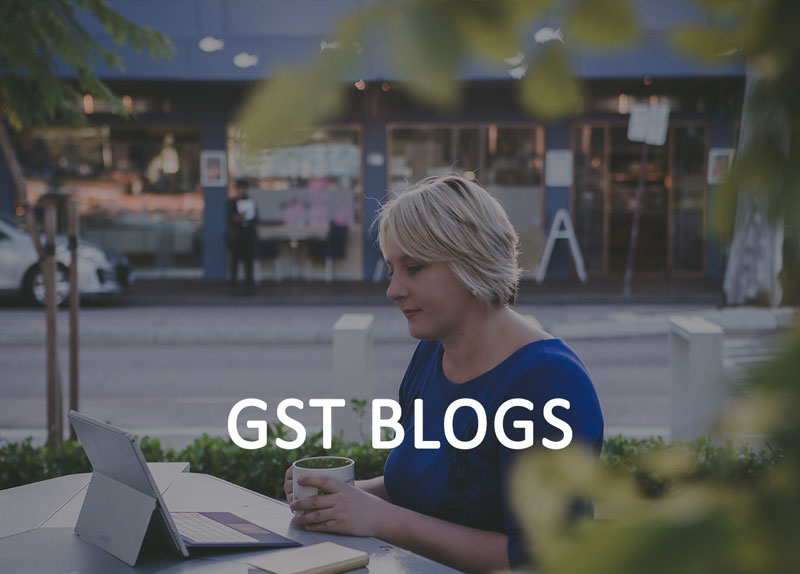The biggest question is ‘when do I have to register for GST?’. The textbook answer to that question is you must register when your business reaches sales of $75,000 in the course of 12 consecutive months, 12 rolling months. So this doesn’t necessarily mean a calendar year or a financial year, but 12 months in a row of trading. If you are projected or about to have reached $75,000 in sales you must register for GST. You must for GST. Sales are sales directly to customers. So that’s not including expenses or after expenses. It’s not profit. It’s turnover, customer invoices.
Now, to go into this a little bit deeper the next level of question I get is “Okay. I understand I have to register when I hit 75, but in my business should I register earlier?” The answer to that question depends on your business. Once you do register for GST, this means that every quarter you’re going to have to lodge business activity statements or bass returns with an Australian taxation office.
If you are a small business that hasn’t invested in accounting software yet to help you calculate your GST for your bass return, then this could become a burden. So in that situation, you might not want to register for GST yet if you don’t have to. Another situation where you might want to wait to register is if you feel like your sales aren’t going to reach 75,000.
If you are fitting out a store and you have a lot of start-up expenses that are going to have GST on them, then it may be worth registering early before you hit 75,000. That way you can claim back any GST paid on your start-up costs. If you have to fit out a restaurant or a café or a salon, this could definitely help you. Claiming back 10% of your fit out costs or your start-up costs is just one benefit to registering.
Another benefit to registering is that because you’re going to have to lodge your activity statement every quarter, you’re going to be forced to look at your numbers at least four times a year.
Businesses who want to grow in scale definitely need to look at their numbers so they can make decisions based on facts. What do I mean by that? It’s really common for business owners to know the balance that’s in their bank account at any given time. But what a lot of business owners who don’t look at their numbers very often don’t know is how much cash comes in and how much cash goes out during the month. Also, where does that cash come in from? And where does it go out to? How much of your cash is spent on operating expenses, overheads, direct sales or product costs? Unless you’re sitting down and looking at your numbers, these are normal questions that you might not know the answer to. And so registering for GST early is an opportunity for you to get closer to understanding the financial health of your business

